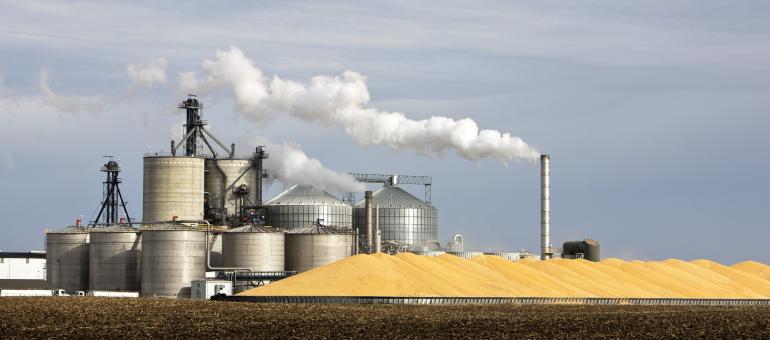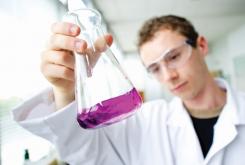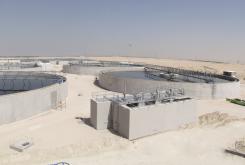Increasing Ethanol Production Efficiency and Yield to Unlock the Sustainability of Biofuels

As the global energy demand continues to grow in the coming years, so will pressure to mitigate the environmental impacts of that increase. Biofuels produced from renewable feedstocks, like ethanol as biofuel, provide a sustainable and renewable energy source for the future by positively impacting the economy, environment, and society.
At last year’s COP26, research and data were presented supporting ethanol as an immediate solution for transportation greenhouse gas (GHG) mitigation, particularly as it applies to developing and deploying sustainable aviation fuels and supporting the EU’s renewable energy directive.
For example, in the U.S., ethanol generated significant GHG emissions reductions in California (42 %) and Oregon (45%) thanks to clean fuel standard policies. In addition, a USDA analysis found that some biorefineries could produce ethanol that offers a 70% GHG reduction versus gasoline as soon as this year when adopting conservation on corn farms and implementing efficiency improvements in refineries. Such impact drives more state ethanol mandates in Illinois, Iowa, Nebraska, and Minnesota.
The Biden Administration and the U.S. Department of Agriculture (USDA) recently announced incentives and funding for biofuel development and infrastructure and an emergency waiver from the EPA allowing E15 gasoline (fuel that uses a 15% ethanol blend) this summer. The recent announcements indicate biofuels and ethanol's critical role in attaining energy independence and achieving sustainability goals.
With many countries promoting biofuels through various policy measures and mandates focusing on GHG emissions to fight against climate change, it is increasingly essential that ethanol producers create a robust and sustainable ecosystem that can meet growing demand and surges.
Corn ethanol has been an established industry in the U.S. for more than 30 years and is thriving, with Brazil ranking a close second. Together the countries produce 84% of the world’s ethanol.
Next to corn, energy is the second most costly input for ethanol production in the U.S. Most cane sugar and sugarcane ethanol plants in Brazil, Florida, Louisiana, and Texas are energy self-sufficient, using bioelectricity generated from bagasse – a byproduct of crushed sugarcane stalks – as a source of heat and energy for the plants. At corn ethanol plants in the U.S., natural gas is the dominant thermal energy source for ethanol production. In Brazil, corn ethanol plants burn eucalyptus or other types of biomass as a source of heat and energy to power mill operations.
As natural gas prices continue to rise and pressures to reduce GHG emissions mount, ethanol producers should consider switching to renewable energy sources. For example, plants can install anaerobic digestion technologies to convert organic waste materials (food waste, animal waste, wastewater sludge, etc.) into renewable natural gas (RNG) to meet the heat demand for ethanol production.
Beyond energy reduction, ethanol plants should also look to improve overall plant performance and reduce downtime to optimize profitability. For example, adopting clean-in-place (CIP) technologies in heat exchangers, fermentation coolers, tanks, and evaporators to shorten cleaning downtime, utilizing deposit control chemicals to manage organic and inorganic fouling/deposit formation in evaporators and beer columns, and leveraging digital monitoring tools and analytics, such as IVAP* to better track equipment performance and maintenance needs, are all ways operators can drive up plant efficiency and profitability.
Veolia | Water Tech provides various solutions for the biofuels industry, focusing on improving overall plant performance and efficiency, reducing downtime, and optimizing profitability. Learn more about how Veolia | Water Tech is helping ethanol plants meet the growing demand, improve their bottom line, and be the needed bridge to a cleaner energy future here.







